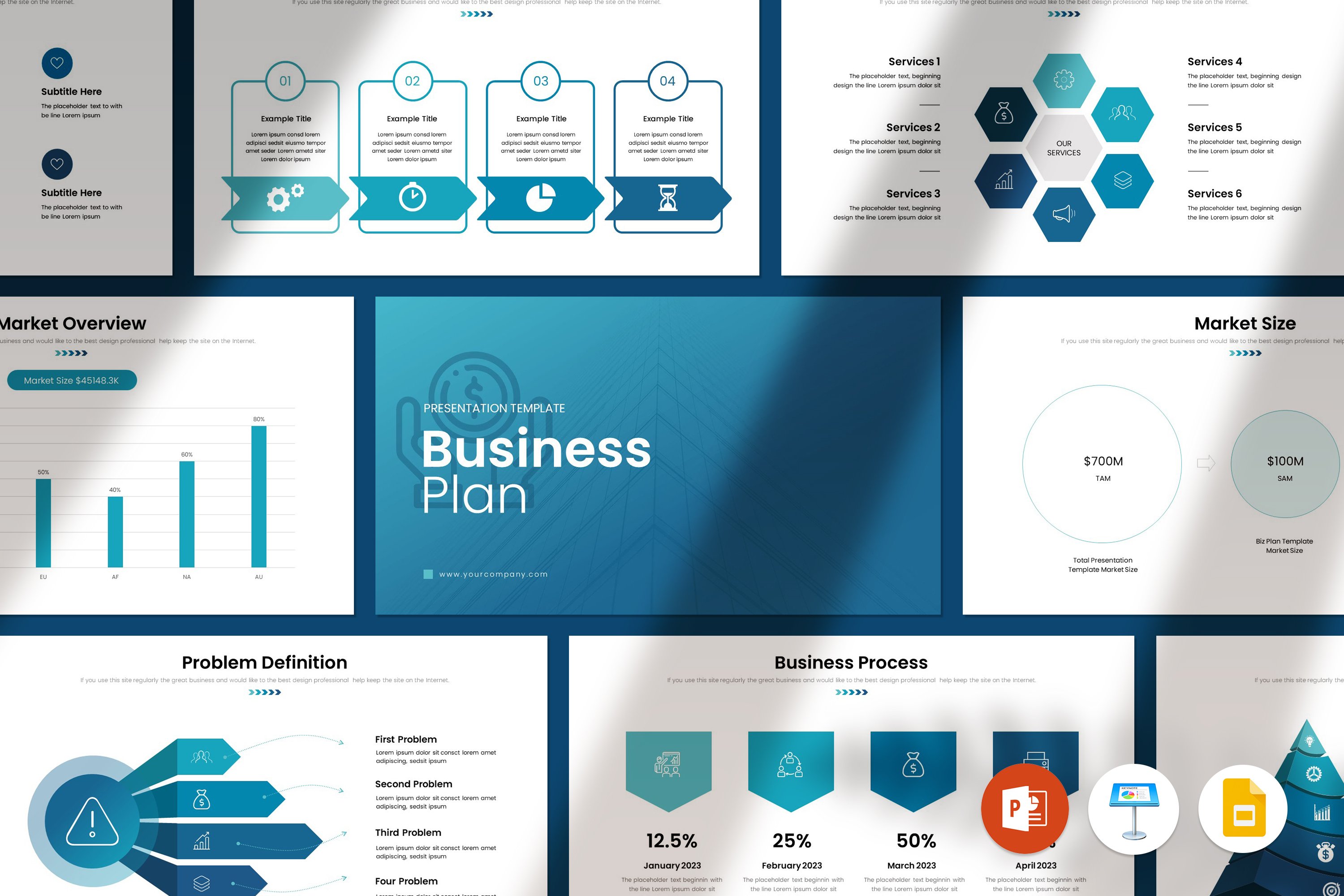Key Benefits of Implementing Management Offshore for Your Business
Key Benefits of Implementing Management Offshore for Your Business
Blog Article
Transform Your Company: Secret Insights Into Monitoring Offshore Solutions
The adoption of overseas administration remedies presents a compelling method for organizations seeking to improve operational effectiveness and minimize costs. Comprehending how to straighten overseas approaches with more comprehensive corporate purposes-- and what emerging patterns could affect this landscape-- can ultimately identify the efficiency of such campaigns.

Comprehending Offshore Management Solutions
Offshore administration remedies include a tactical strategy to managing company operations and resources in global locations, commonly driven by the search of expense performance and access to specific competence. This method entails the delegation of certain company features to third-party suppliers or subsidiaries located in foreign markets, enabling companies to take advantage of differing labor costs, regulatory environments, and technological improvements.
The application of overseas administration options requires careful planning and implementation. Firms should carry out comprehensive evaluations of possible locations, reviewing factors such as political stability, financial conditions, and the schedule of proficient labor. Furthermore, establishing reliable communication networks and administration oversight is critical to making sure that overseas procedures align with the organization's overall objectives.
Furthermore, businesses need to understand the governing and compliance obstacles linked with overseas procedures. management offshore. Browsing different legal frameworks can be complex, necessitating an extensive understanding of both worldwide and neighborhood regulations. By purposefully utilizing overseas monitoring options, organizations can maximize their functional efficiencies while mitigating risks connected with cross-border operations, ultimately enhancing their affordable setting in the global market
Benefits of Offshore Techniques
Leveraging offshore strategies can produce substantial benefits for organizations aiming to enhance their operational effectiveness and competition. Among the key advantages is cost reduction. By outsourcing details features to nations with lower labor expenses, business can substantially decrease functional costs while maintaining or even boosting high quality.
Additionally, offshore strategies allow businesses accessibility to a diverse ability swimming pool with specialized skills that may be limited or expensive in their home country. This accessibility can increase technology and improve solution distribution, as overseas teams frequently bring special point of views and know-how.
Flexibility is one more essential advantage. Offshore designs enable companies to scale procedures rapidly in feedback to market demands without the lengthy procedures connected with hiring and training new personnel locally. This versatility aids companies remain active in a busy business setting.
Furthermore, leveraging offshore approaches can help with 24/7 procedures, many thanks to time zone distinctions (management offshore). This benefit boosts client service and boosts general performance, as tasks can be finished all the time
Trick Challenges to Think About
While the advantages of offshore techniques are compelling, a number of crucial obstacles necessitate cautious factor to consider. One considerable obstacle is the capacity for interaction obstacles. Differences in language, time zones, and social subtleties can hinder reliable cooperation and result in misunderstandings, ultimately influencing job results.
In addition, navigating the legal and governing landscape in international jurisdictions can position risks. Firms have to ensure conformity with regional laws, labor regulations, and next page tax responsibilities, which can vary substantially from their home nation. Failing to stick to these policies can result in severe fines and reputational damages.
Quality assurance is one more concern, as companies may find it challenging to maintain the exact same criteria in offshore operations. Irregularity in processes and oversight can lead to inconsistent item or service high quality, possibly damaging customer fulfillment and brand loyalty.

Lastly, there is the concern of data safety. Safeguarding delicate information across borders calls for robust cybersecurity procedures and an understanding of worldwide information personal privacy regulations. Without proper safeguards, organizations take the chance of direct exposure to data violations and connected responsibilities.
Attending to these difficulties is critical for companies seeking to take advantage of offshore monitoring options effectively.
Best Practices for Application
Effectively applying offshore management services calls for a strategic method that addresses the challenges recognized previously. Organizations must perform an extensive needs analysis to identify certain purposes and the range of the overseas effort. This analysis must consist of stakeholder involvement to ensure positioning with service objectives.

In addition, choosing the ideal offshore companion is crucial. Organizations needs to examine prospective companions based on their expertise, cultural compatibility, and functional abilities. A distinct contract that details responsibilities, expectations, and performance metrics will additionally protect the collaboration.
Training and onboarding are likewise vital elements of successful implementation. Offering sufficient training for both onshore and offshore groups enhances and promotes a unified strategy efficiency. Lastly, organizations should continuously monitor performance and adapt methods as required to improve outcomes.
Future Trends in Offshore Administration
The future of offshore management is poised for considerable improvement, driven by use this link innovations in modern technology and advancing organization demands. One major pattern is the raising dependence on artificial knowledge and artificial intelligence to enhance functional performances. These technologies make it possible for companies to analyze vast quantities of information, automate routine tasks, and enhance decision-making procedures, eventually leading to enhanced efficiency.
Moreover, there is a growing focus on remote work capabilities, which shows a broader acceptance of dispersed groups. Companies are now leveraging cloud-based services to assist in smooth cooperation across various time areas and geographical limits, permitting higher versatility and accessibility to global talent pools.

Verdict
Finally, changing organization procedures with overseas monitoring solutions presents substantial possibilities for enhanced efficiency and expense reduction. However, careful consideration of possible difficulties, such as compliance threats and quality control, is essential. By sticking to best methods and continuing to be vigilant in performance surveillance, companies can efficiently execute overseas methods that line up with overarching corporate goals. Welcoming future trends, consisting of AI combination and sustainability, will better reinforce the success and resilience of offshore administration efforts.
The adoption of overseas monitoring solutions offers a compelling method for services seeking to boost operational performance and decrease costs. In addition, developing reliable communication networks and administration oversight is critical to making certain that offshore operations align with the organization's total goals.
By purposefully utilizing offshore administration services, companies can optimize their functional effectiveness while mitigating threats linked with cross-border procedures, inevitably improving their competitive setting in the international market.
The future of offshore management is poised for significant improvement, driven by innovations in technology and progressing service requirements.In conclusion, transforming business operations through overseas monitoring remedies provides substantial chances for enhanced effectiveness and price decrease.
Report this page